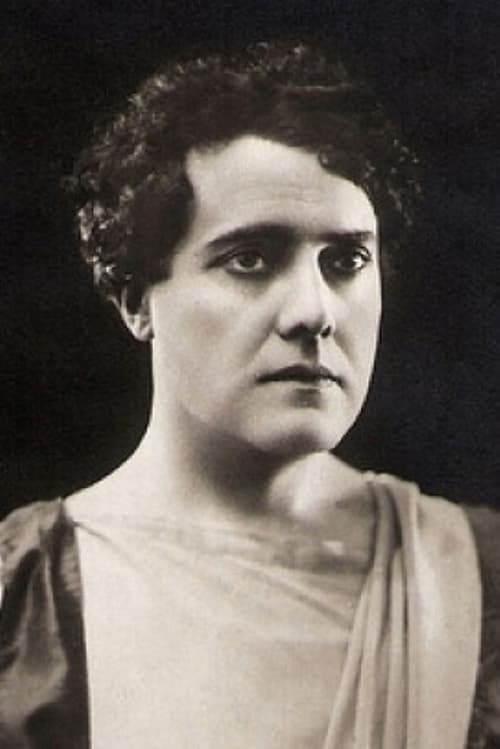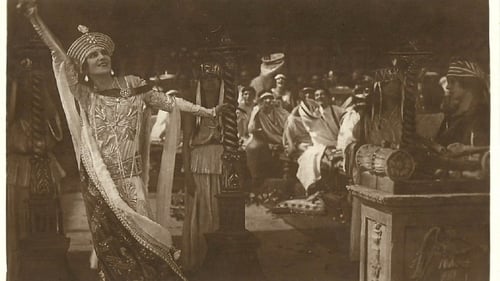Gabriellino D'Annunzio
Nascimento : 1886-04-10, Rome, Italy
Morte : 1945-12-08
História
Gabriele Maria "Gabriellino" D'Annunzio (1886–1945) was an Italian actor, screenwriter and film director. He was the son of the Italian writer Gabriele D'Annunzio. He adapted the 1921 film The Ship from a novel by his father. In 1924 the commercial failure of his epic Quo Vadis made him retire from filmmaking.


